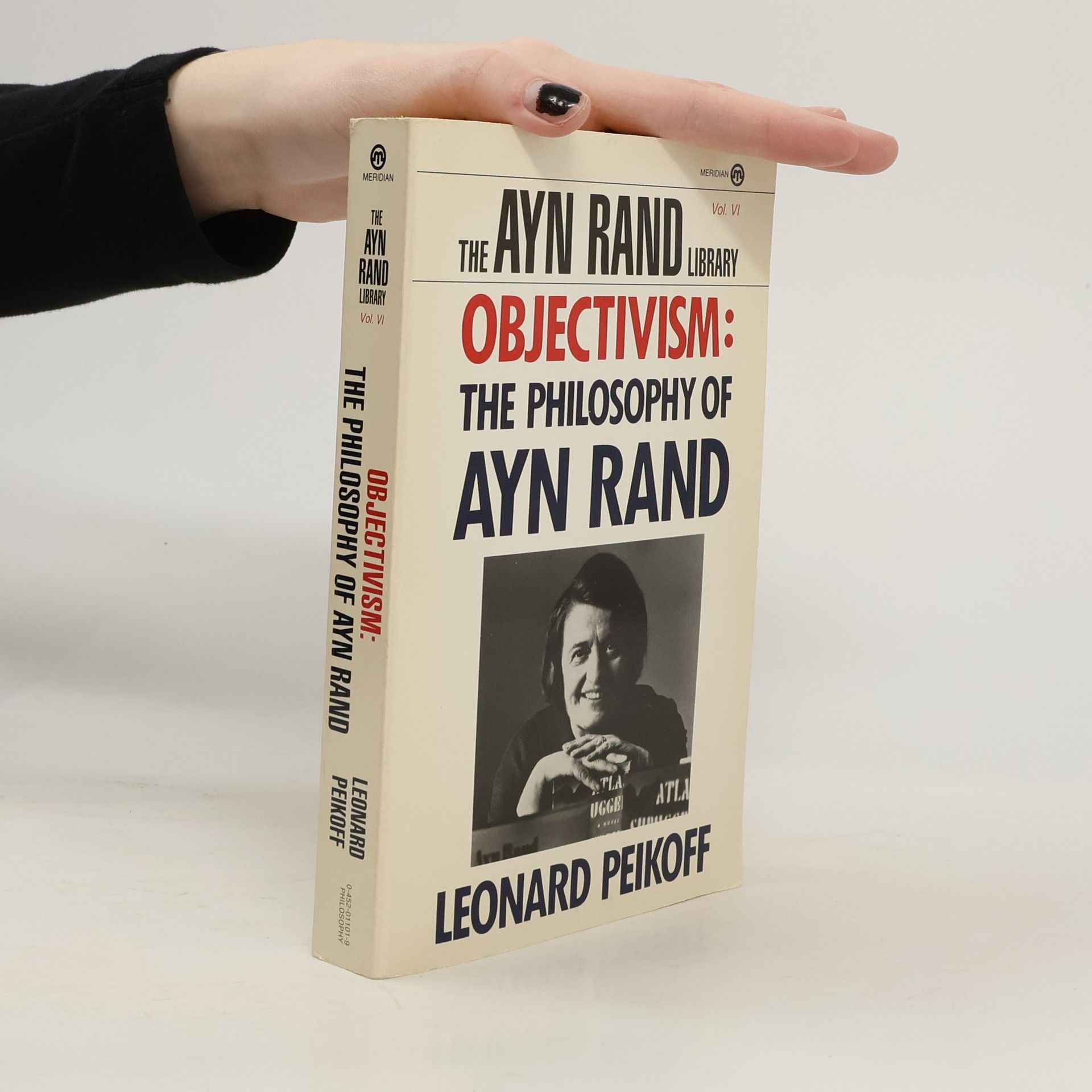Principles of Grammar
- 226pagine
- 8 ore di lettura
Focusing on the connection between grammar and clear thinking, this book presents an organized survey of grammatical rules rooted in logical principles. Leonard Peikoff, drawing from his 1981 lectures, emphasizes understanding the rationale behind grammar, empowering readers to make informed decisions rather than relying solely on authority. The text aims to provide a sense of logic and security in tackling grammatical issues, making it an invaluable resource for anyone looking to enhance their writing and communication skills.




